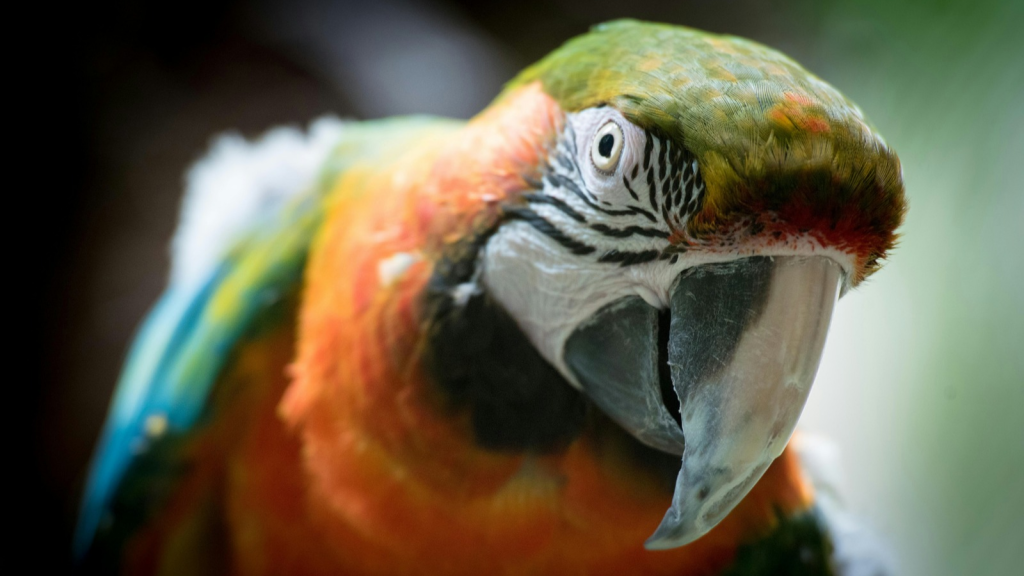The animal kingdom never ceases to amaze us with its incredible array of talents and abilities. While we often think of intelligence as a uniquely human trait, many creatures have shown remarkable problem-solving skills that rival our own. From using tools to navigating complex social structures, these animals demonstrate that brainpower comes in all shapes and sizes. Get ready to be astonished by the clever antics of our animal friends as we explore 15 of the most extraordinary problem-solvers in the natural world.
Chimpanzees
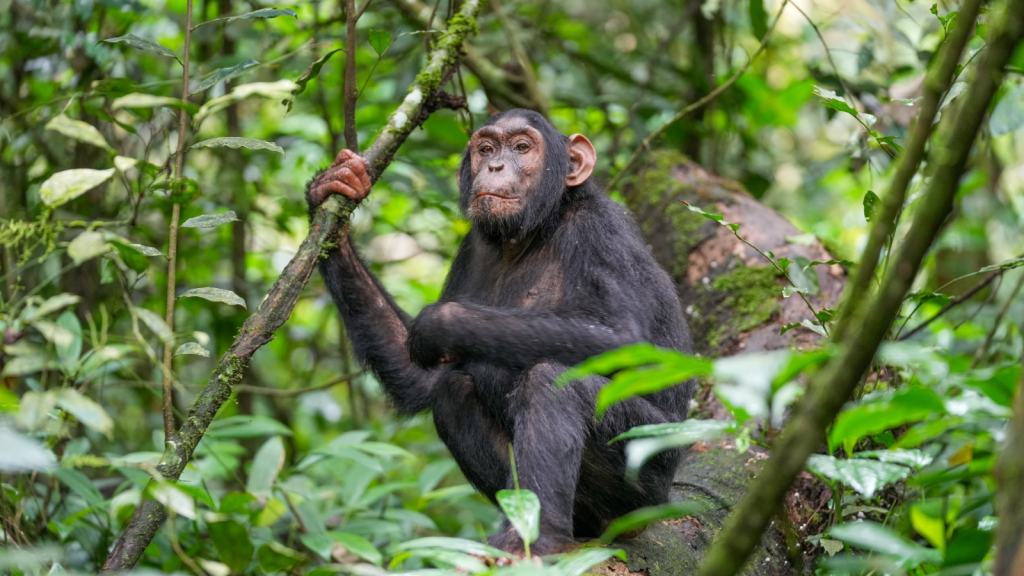
Our closest relatives in the animal kingdom, chimpanzees are renowned for their intelligence. They’ve been observed using sticks to fish for termites, cracking nuts with stones, and even fashioning spears for hunting. In captivity, chimps have learned to use computers and communicate through sign language, showcasing their impressive cognitive abilities. Chimpanzees also display self-awareness, recognising themselves in mirrors and understanding the concept of ‘self’, a trait shared by only a handful of species.
Elephants
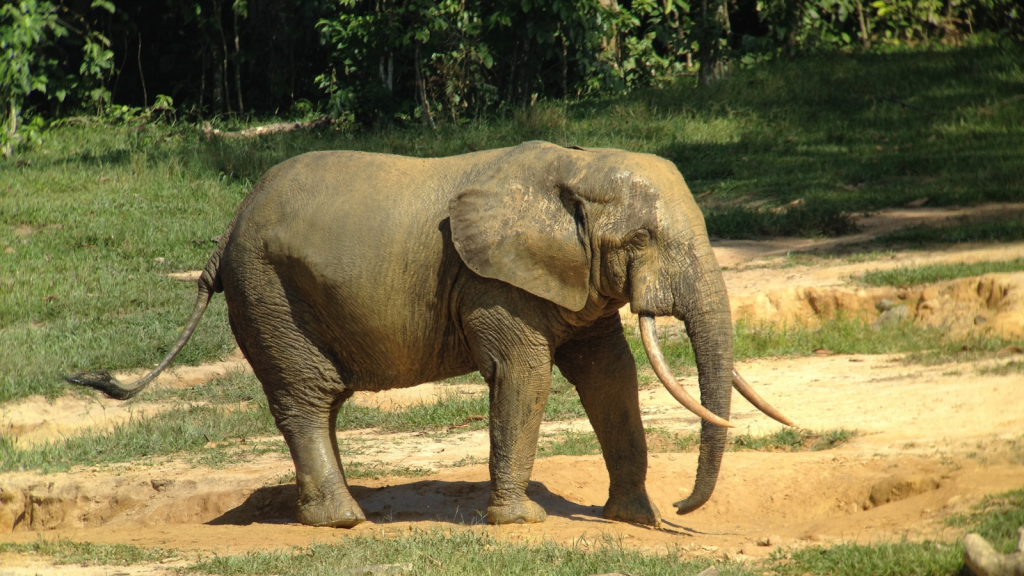
These gentle giants are more than just a pretty face. Elephants have been known to use branches to swat flies, dig wells to access water, and even comfort each other in times of distress. Their problem-solving skills extend to understanding cooperation, as they’ve been observed working together to reach food that’s out of reach for a single elephant. Elephants also possess exceptional memory, remembering specific individuals and holding grudges for years, which aids in their complex social structures.
Octopuses
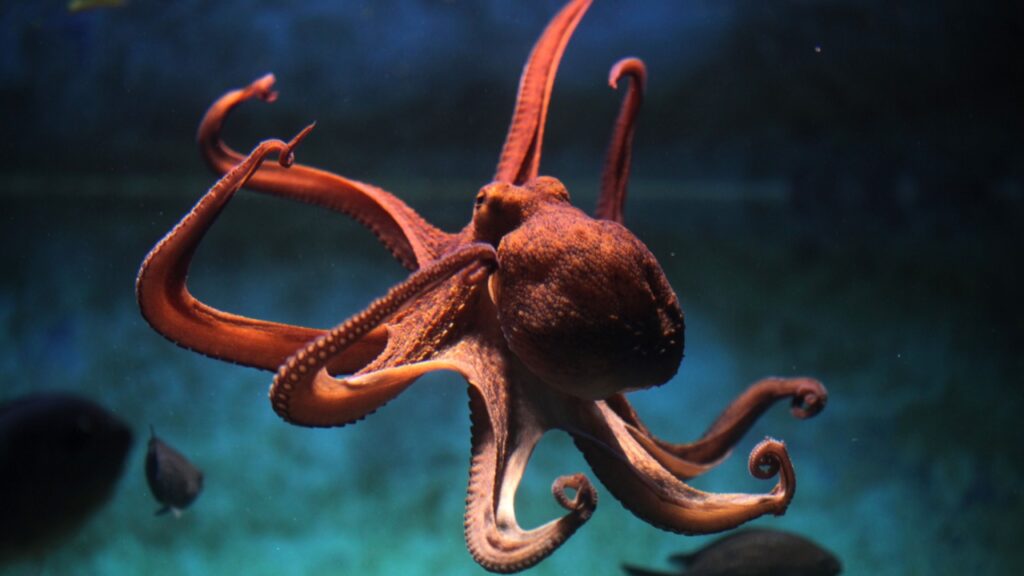
Don’t be fooled by their squishy appearance – octopuses are among the smartest creatures in the sea. They can open jars, solve puzzles, and even use tools like coconut shells for protection. Their ability to change colour and texture to blend in with their surroundings is a testament to their quick-thinking nature. Octopuses have also been observed engaging in play behaviour, a sign of higher intelligence typically associated with mammals and birds.
Ravens
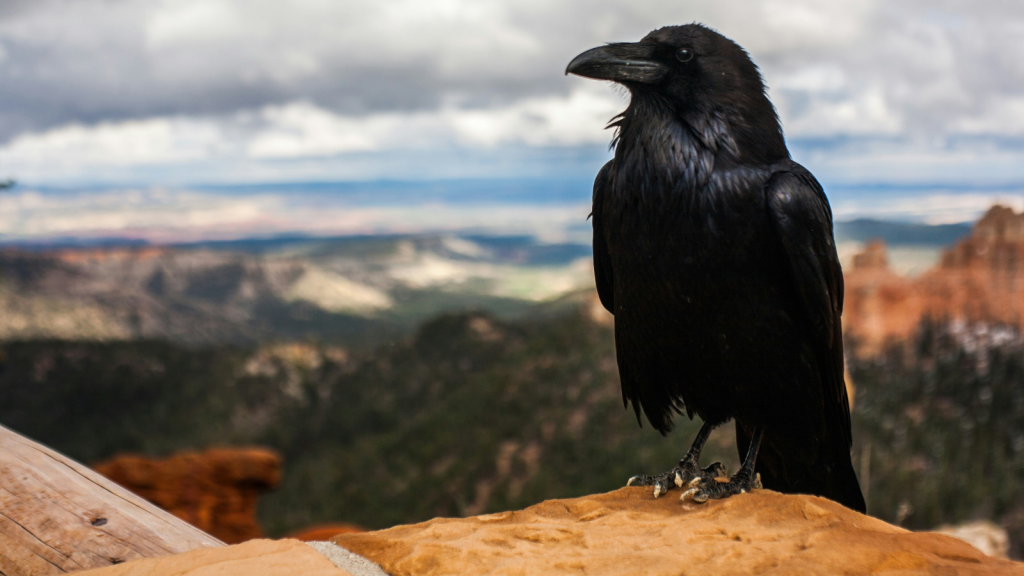
These clever corvids have shown an uncanny ability to plan for the future. Ravens have been observed solving multi-step puzzles, using tools, and even holding grudges against humans who’ve wronged them. They’ve also demonstrated an understanding of cause and effect, dropping stones into water to raise its level and access floating food. Ravens can recognise human faces and teach other ravens to be wary of specific individuals, showcasing their advanced social learning skills.
Dolphins
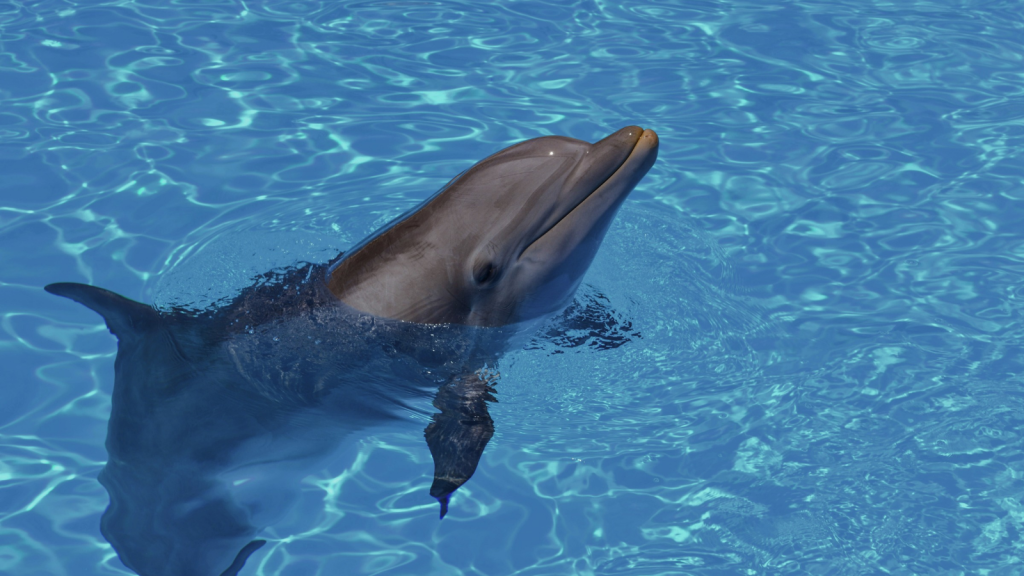
Known for their playful nature, dolphins are also incredibly intelligent problem-solvers. They use sponges to protect their noses while foraging on the seafloor, teach hunting techniques to their young, and have even been observed creating ‘nets’ of mud to trap fish. Their complex social structures and communication skills further highlight their cognitive prowess. Dolphins also have unique ‘signature whistles’, akin to names, which they use to identify and call out to each other in the vast ocean.
Orangutans
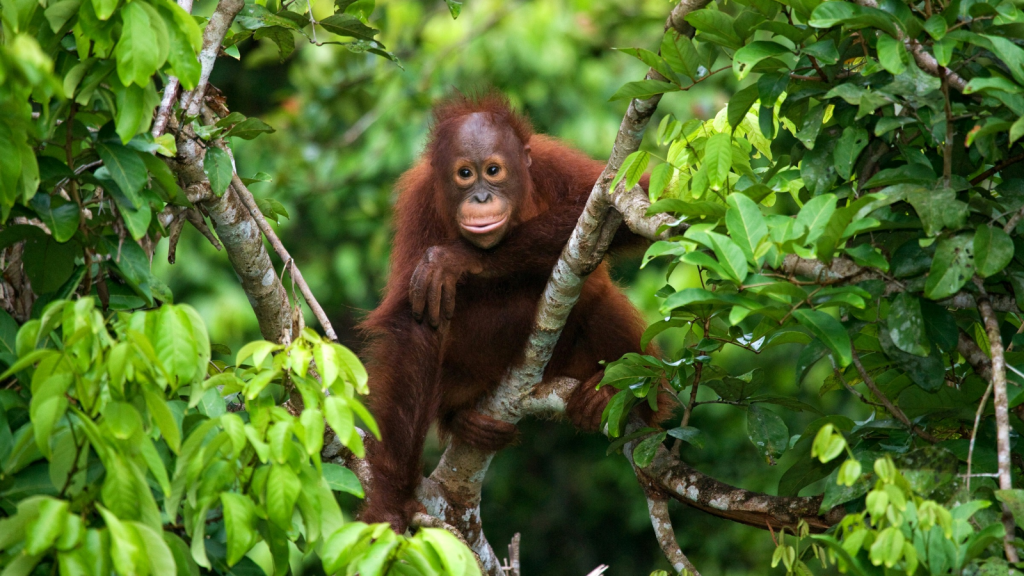
These arboreal apes are masters of tool use. Orangutans have been seen using leaves as umbrellas, fashioning tools to extract seeds from fruits, and even using branches as makeshift spears to catch fish. In captivity, they’ve shown an ability to learn and use human sign language, demonstrating their impressive mental capabilities. Orangutans also exhibit cultural learning, with different populations developing unique tool-use techniques that are passed down through generations.
Crows
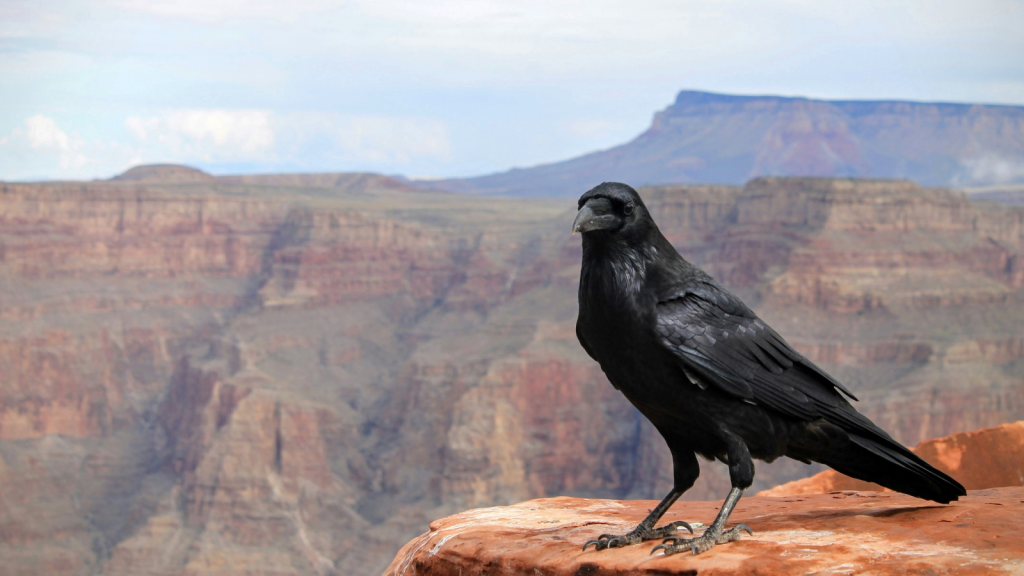
Another member of the corvid family, crows are known for their remarkable problem-solving abilities. They’ve been observed bending wire to create hooks, dropping nuts onto roads to crack them open, and even recognizing human faces. Some species have even learned to use cars as nutcrackers, placing nuts in the path of oncoming vehicles. Crows can also remember and communicate the faces of threatening humans to other crows, creating a collective memory within their communities.
Pigs

Often underestimated, pigs are actually quite clever creatures. They can learn to play simple video games, use mirrors to find hidden food, and even understand abstract representations. Their problem-solving skills are on par with those of chimpanzees, making them one of the smartest domestic animals. Pigs also have excellent long-term memories and can remember specific individuals, both pig and human, for several years.
Raccoons
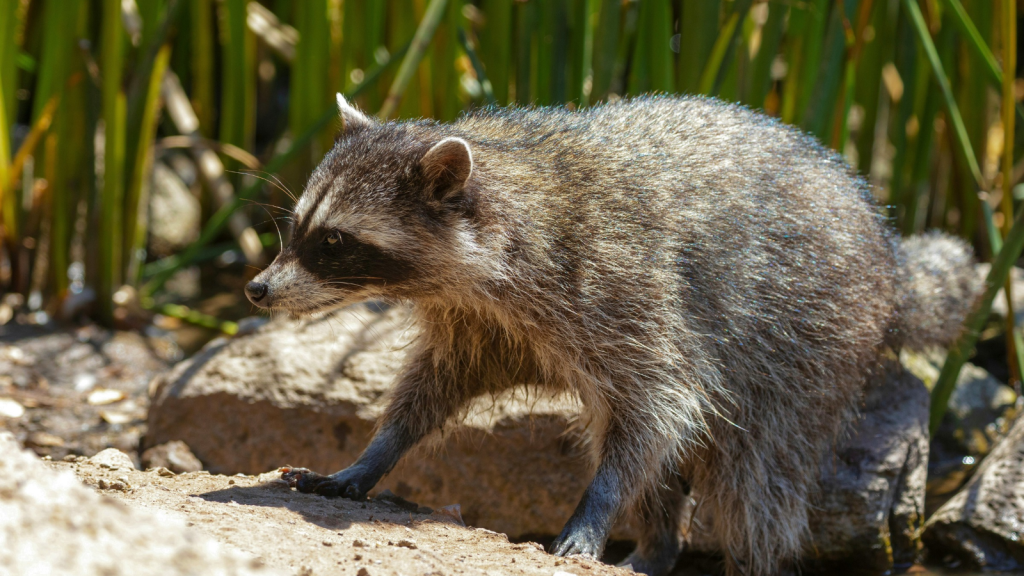
These masked bandits are more than just bin raiders. Raccoons have shown an impressive ability to remember solutions to problems for up to three years. They can open complex locks, navigate mazes, and even understand abstract concepts like water displacement. Their dexterous paws and curious nature make them natural problem-solvers. Raccoons also display high levels of adaptability, thriving in various environments from forests to urban areas, which speaks to their cognitive flexibility.
Parrots
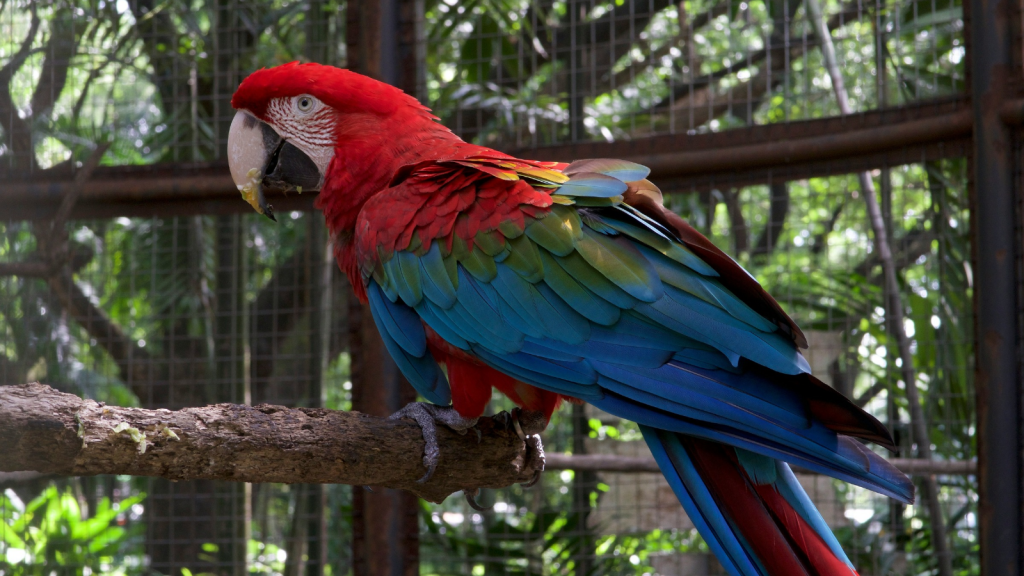
With their ability to mimic human speech, it’s no surprise that parrots are intelligent creatures. But their skills go beyond mere imitation. African grey parrots, in particular, have shown the ability to understand numerical concepts, solve puzzles, and even grasp the concept of zero – a feat previously thought to be unique to humans and other primates. Some parrots have demonstrated the cognitive abilities of a 4 to 6-year-old human child, including understanding cause and effect relationships.
Rats
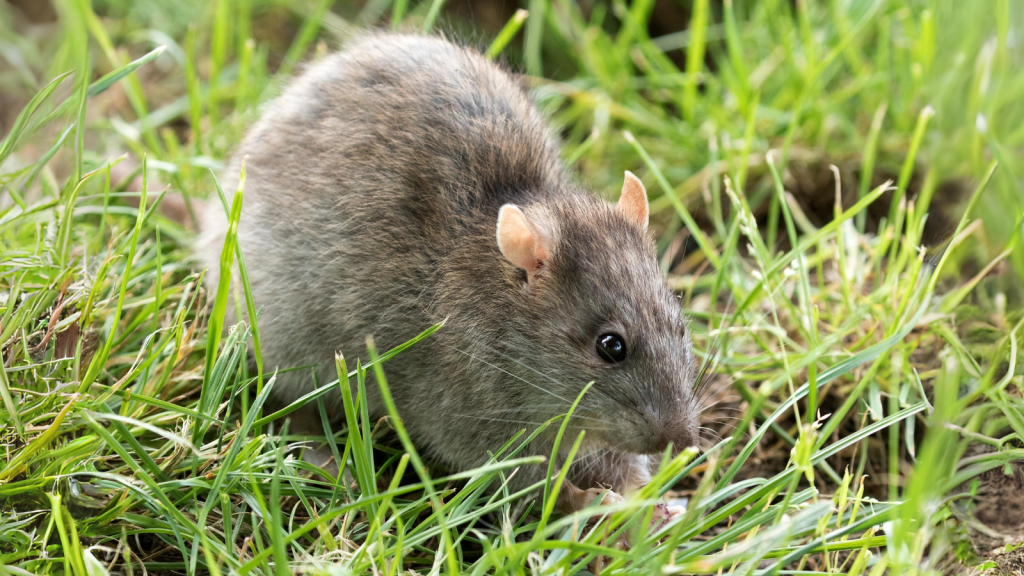
These small rodents pack a big cognitive punch. Rats have been observed using tools, solving complex mazes, and even showing empathy towards their fellow rats. They can learn to play hide-and-seek with humans and have demonstrated metacognition – the ability to reflect on their own thoughts and knowledge. Rats also exhibit altruistic behaviour, often choosing to help a fellow rat in distress rather than receiving a food reward.
Bees
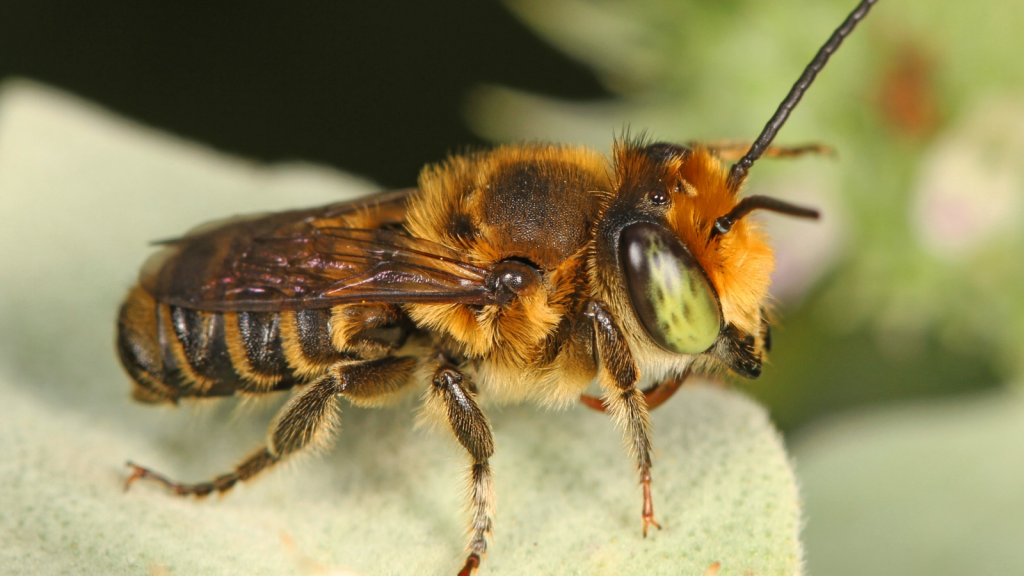
Despite their tiny brains, bees are surprisingly clever insects. They can solve simple math problems, understand the concept of zero, and navigate using landmarks. Bees also use a complex ‘waggle dance’ to communicate the location of food sources to their hive mates, showcasing their problem-solving skills on a collective level. Recent research has shown that bees can learn to pull strings to access food rewards, demonstrating tool use – a skill once thought to be beyond their capabilities.
Goats
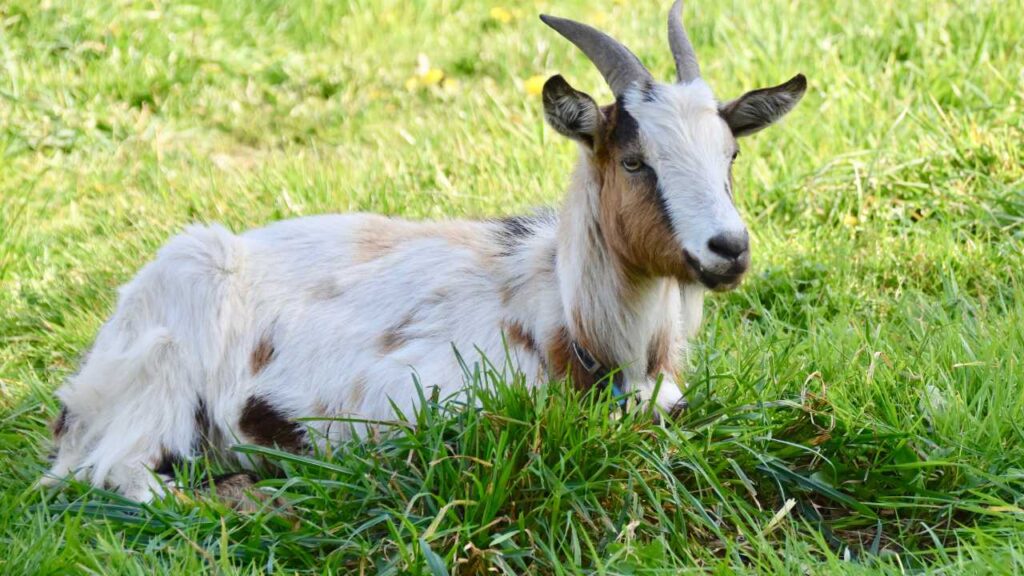
These sure-footed mountain dwellers are smarter than they look. Goats have been shown to learn and remember how to solve complex puzzles, even recalling the solution nearly a year later. They can also read human facial expressions and often turn to people for help when faced with a problem they can’t solve. Goats have excellent long-term memory and can remember and differentiate between 50 individual goat faces, a skill that helps them navigate their complex social hierarchies.
Squirrels
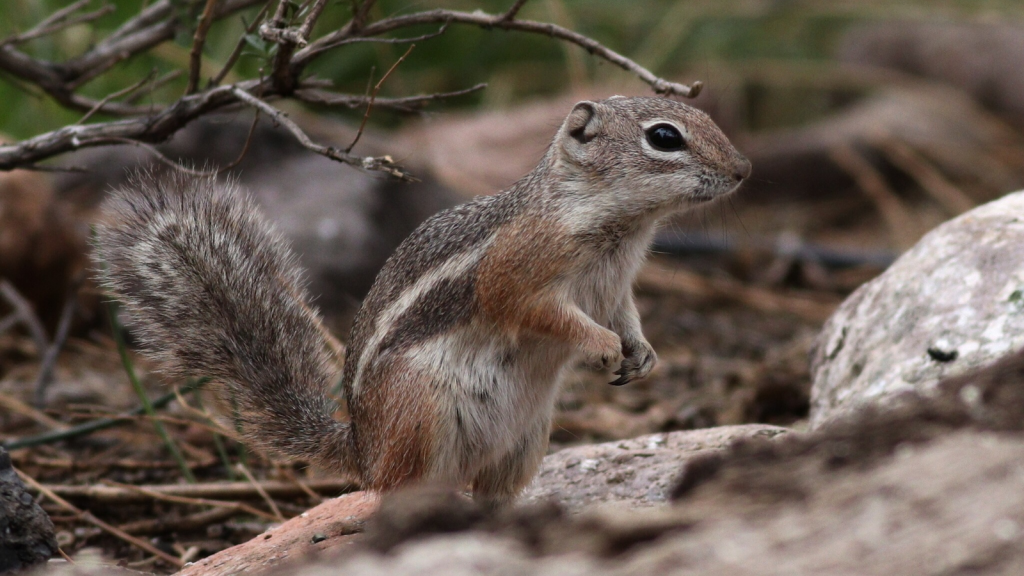
More than just acorn hoarders, squirrels display impressive cognitive abilities. They can solve complex puzzles to access food, remember the locations of thousands of buried nuts, and even engage in deceptive behaviour to protect their caches from thieves. Their ability to navigate complex urban environments also speaks to their problem-solving prowess. Squirrels have been observed using sophisticated spatial memory techniques, organising their nut caches by size, type, and even nutritional value.
Sea Lions
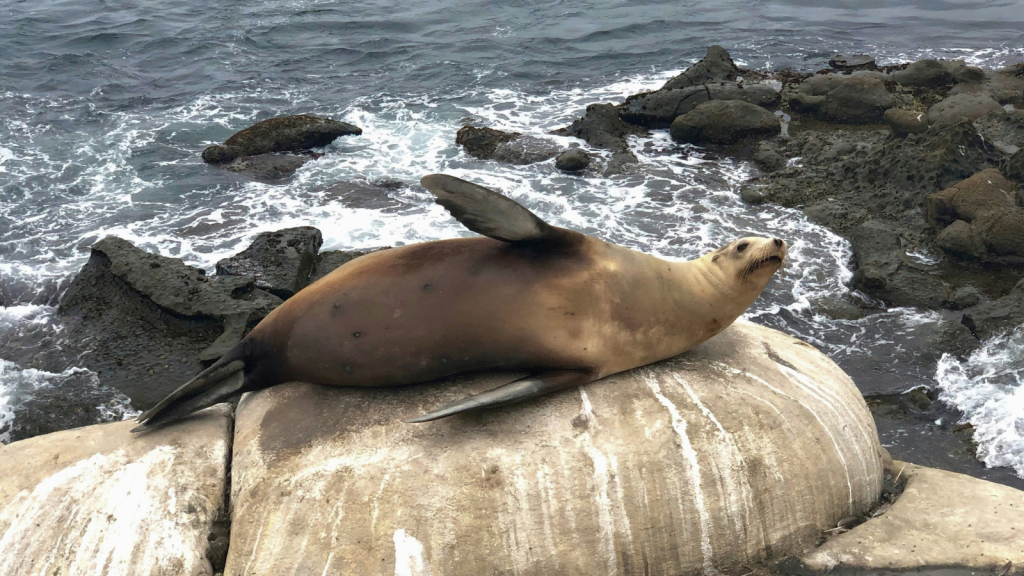
These playful marine mammals have shown remarkable learning and problem-solving abilities. Sea lions can understand simple syntax and commands, solve puzzles, and even grasp the concept of ‘sameness’ – a cognitive skill once thought to be unique to primates. Their ability to learn and perform complex tricks in captivity further demonstrates their intelligence. Sea lions also exhibit impressive memory skills, with some individuals recognising shapes and patterns they learned over a decade earlier.
Becky is a fervent wildlife enthusiast and pet care expert with a diploma in canine nutrition. Her love for animals stretches beyond the domestic, embracing the wild tapestry of global fauna. With over a decade of experience in animal welfare, Becky lends her expertise to OutlandishOwl through insightful articles, captivating wildlife information, and invaluable guidance on pet nutrition. Her work embodies a deep commitment to understanding the intricate lives of animals and a passion for educating others on sustaining natural habitats. Becky's hands-on conservation efforts and her knack for translating complex dietary science into practical pet feeding tips make her an indispensable voice for creatures great and small.

